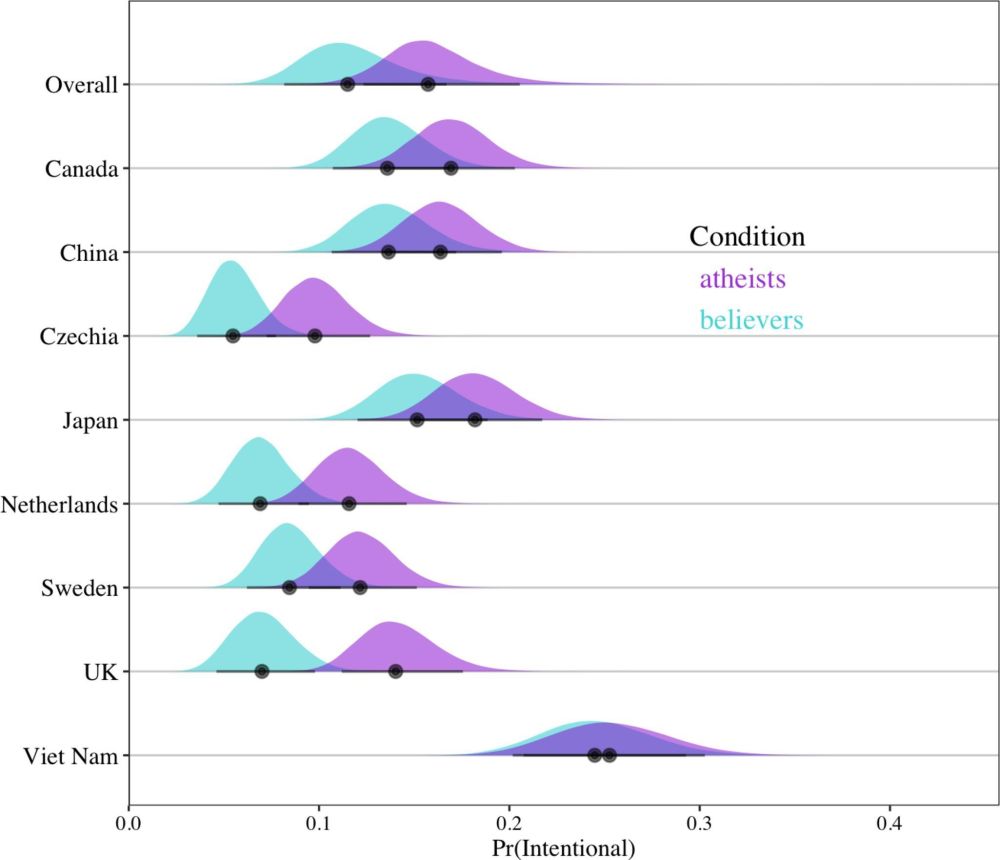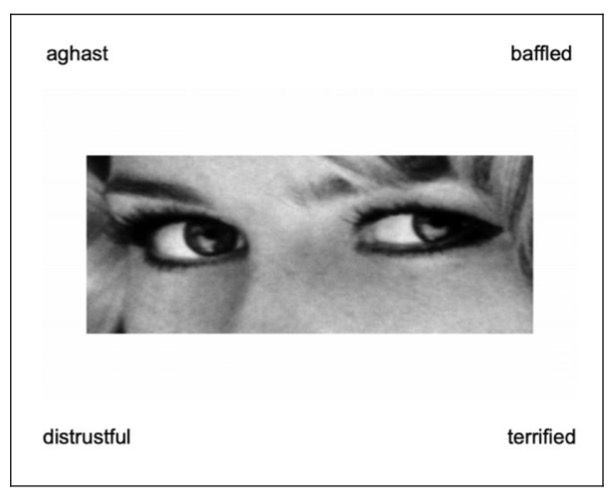Cultural evolution, delusions, metascience, misinformation, reasoning, and religion. Macquarie University, Sydney. (Google Scholar: https://tinyurl.com/5f2udu5p)
Reposted by Robert M. Ross

Reposted by Robert M. Ross, Serge Guimond
A post-doctoral position (12 months) is open at CNRS in Toulouse to work with me on the relationship between signal detection theory, conspiracy beliefs, and perceptions of corruption...
🔗 emploi.cnrs.fr/Offres/CDD/U...
Feel free to share!
Reposted by Robert M. Ross
Here’s the first nail.
journals.sagepub.com/doi/full/10....




Reposted by Dorothy Bishop, Robert M. Ross, Jill A. Jacobson

Reposted by Robert M. Ross

journals.sagepub.com/doi/10.1177/...
Reposted by Robert M. Ross

Reposted by Robert M. Ross
Reposted by Robert M. Ross

Reposted by Gordon Pennycook, Robert M. Ross, Mark J. Brandt
Thanks, Jonathan Caballero, for the interesting article.
📄 Read the paper here: doi.org/10.3758/s134...
Reposted by Robert M. Ross


Belief in Belief: Even Atheists in Secular Countries Show Intuitive Preferences Favoring Religious Belief.
Now out at PNAS
www.pnas.org/doi/10.1073/...
Here's a quick 🧵 on what we did and found!👇
1/ 11
🧪
#atheism
#religion
#culture
#evolution

bsky.app/profile/will...

Reposted by Robert M. Ross, Sarah J. Schoppe‐Sullivan

www.nature.com/articles/s41...
Reposted by Robert M. Ross
Trust from Mistrust: When is Trust Rationally Justified?
Co-authors @michalk.bsky.social @stevebland.bsky.social @robert-m-ross.bsky.social
osf.io/preprints/ps...
Drawing on insights from Nietzsche's Human All-too-human, we develop a framework for wisely placing trust 🧵




